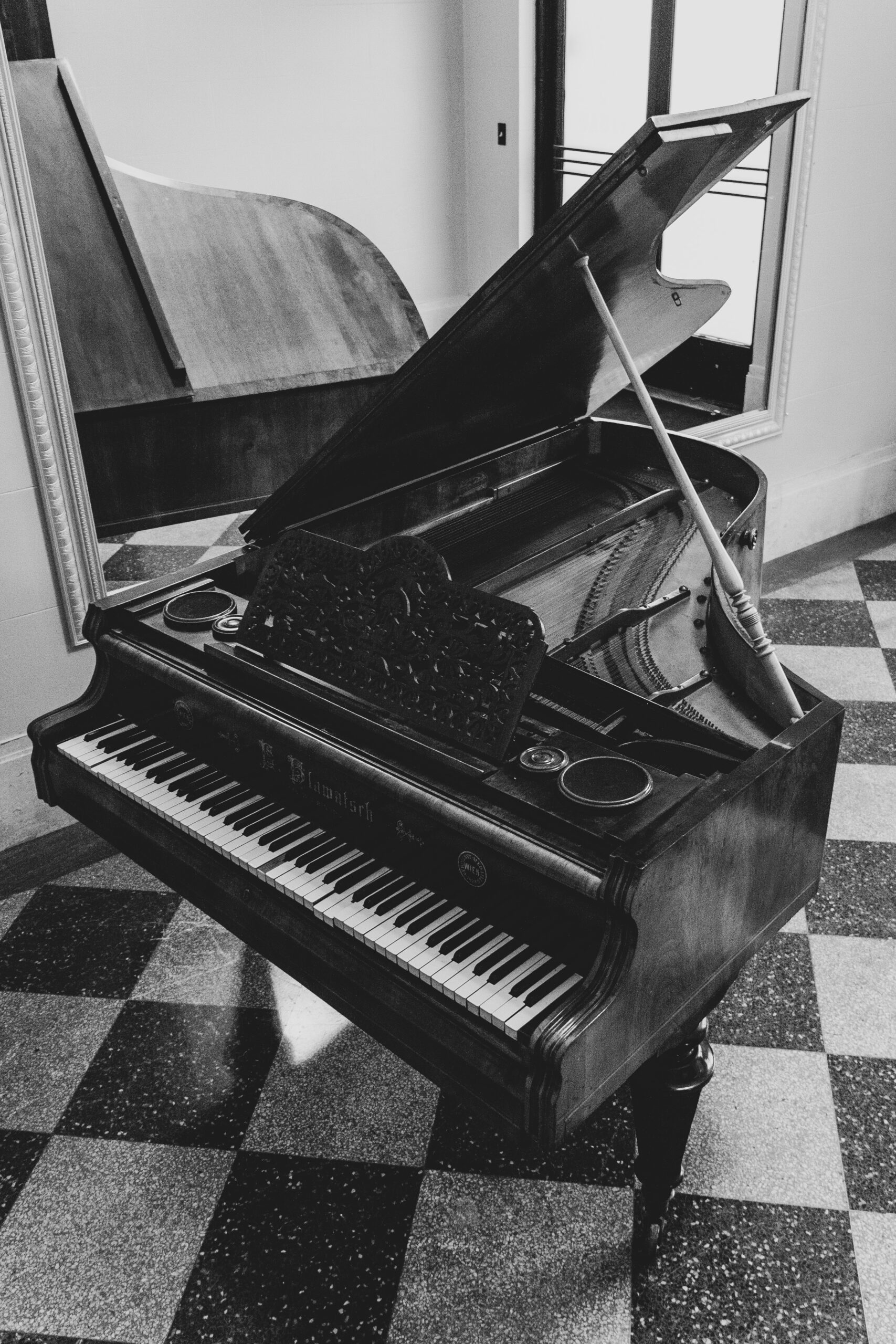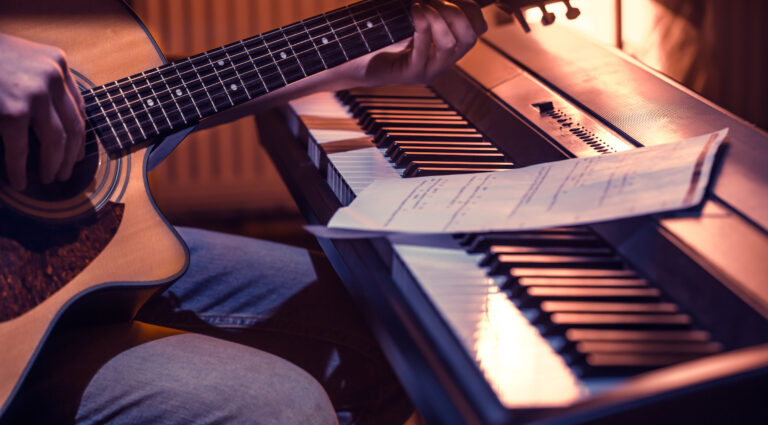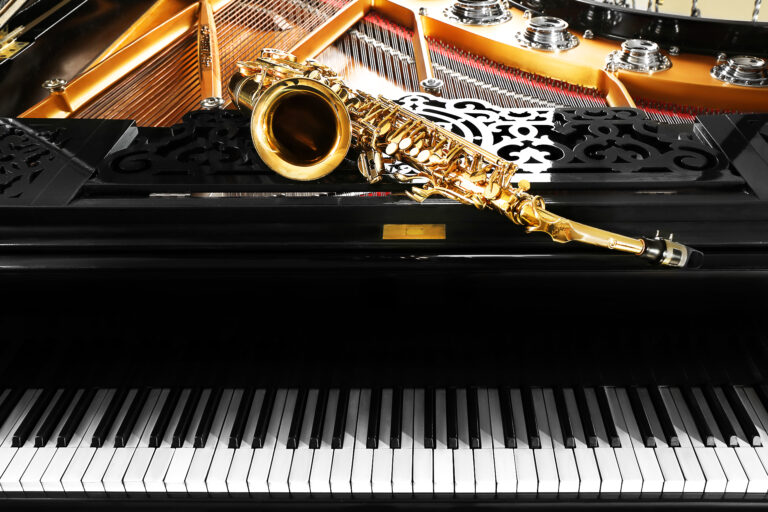Does the Piano Need Electricity? Explained
Are you a piano enthusiast who has ever wondered if your beloved instrument needs electricity to function? The answer might not be as straightforward as you think. Whether you’re a seasoned pianist or just starting, understanding the differences between acoustic, electric, and digital pianos is crucial. While acoustic pianos produce sound through the hammers striking the strings, electric and digital pianos rely on electricity to power their features and capabilities. But did you know that acoustic pianos require regular tuning and maintenance to stay in top shape? In this article, we’ll explore the fascinating world of piano technology and help you discover which type of piano is right for you.
Electricity in Digital Pianos
Digital pianos are electronic keyboards that simulate the sound and feel of an acoustic piano. Unlike traditional pianos, digital pianos require electricity to function. In this section, we will discuss the role of electricity in digital pianos.
Powering Digital Pianos
Digital pianos are powered by electricity, either through an AC adapter or batteries. AC adapters are the most common power source for digital pianos. They plug into a wall outlet and provide a steady stream of power to the piano. Some digital pianos also have a battery option, which allows you to use the piano without being tethered to an outlet.
Digital Piano Components
Digital pianos have several components that require electricity to function. These include the sound engine, speakers, and display. The sound engine is the heart of the digital piano and is responsible for producing the sound of the piano. The speakers amplify the sound and allow you to hear it. The display shows you the settings and options available on the piano.
Digital pianos also have several features that require electricity to function. These include the ability to record and playback music, adjust the volume, and change the sound of the piano. These features are controlled through the piano’s interface, which is powered by electricity.
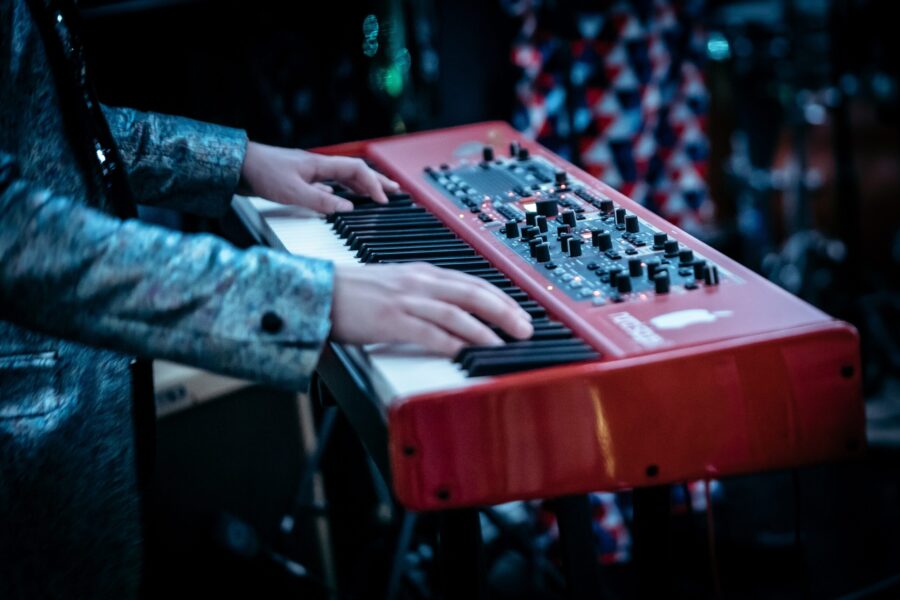
As you can see, digital pianos are not your average musical instrument. They require a steady flow of electricity to power up their sound engine, speakers, and display. And let’s not forget the numerous features that make them stand out, like recording and playback capabilities and volume control. So, if you’re looking to take your musical journey to the next level, a digital piano might just be the electrifying addition you need.
Electricity in Acoustic Pianos
Acoustic pianos do not require electricity to produce sound. However, electricity is involved in the production of some parts of the piano and in the amplification of sound.
The following parts of an acoustic piano require electricity:
- Electric light: The light inside the piano that illuminates the keys is powered by electricity.
- Heating elements: In some pianos, heating elements are used to keep the piano’s internal components dry and prevent damage from moisture.
- Digital components: Some modern pianos have digital components, such as MIDI interfaces or recording capabilities, that require electricity to function.
While the piano itself does not require electricity to produce sound, amplification is often used in performances to make the sound louder. This is typically done through the use of microphones and speakers, which are powered by electricity.
In summary, while acoustic pianos do not require electricity to produce sound, some electric components are used in their construction and maintenance. Additionally, electricity is often used in performances to amplify the sound of the piano.
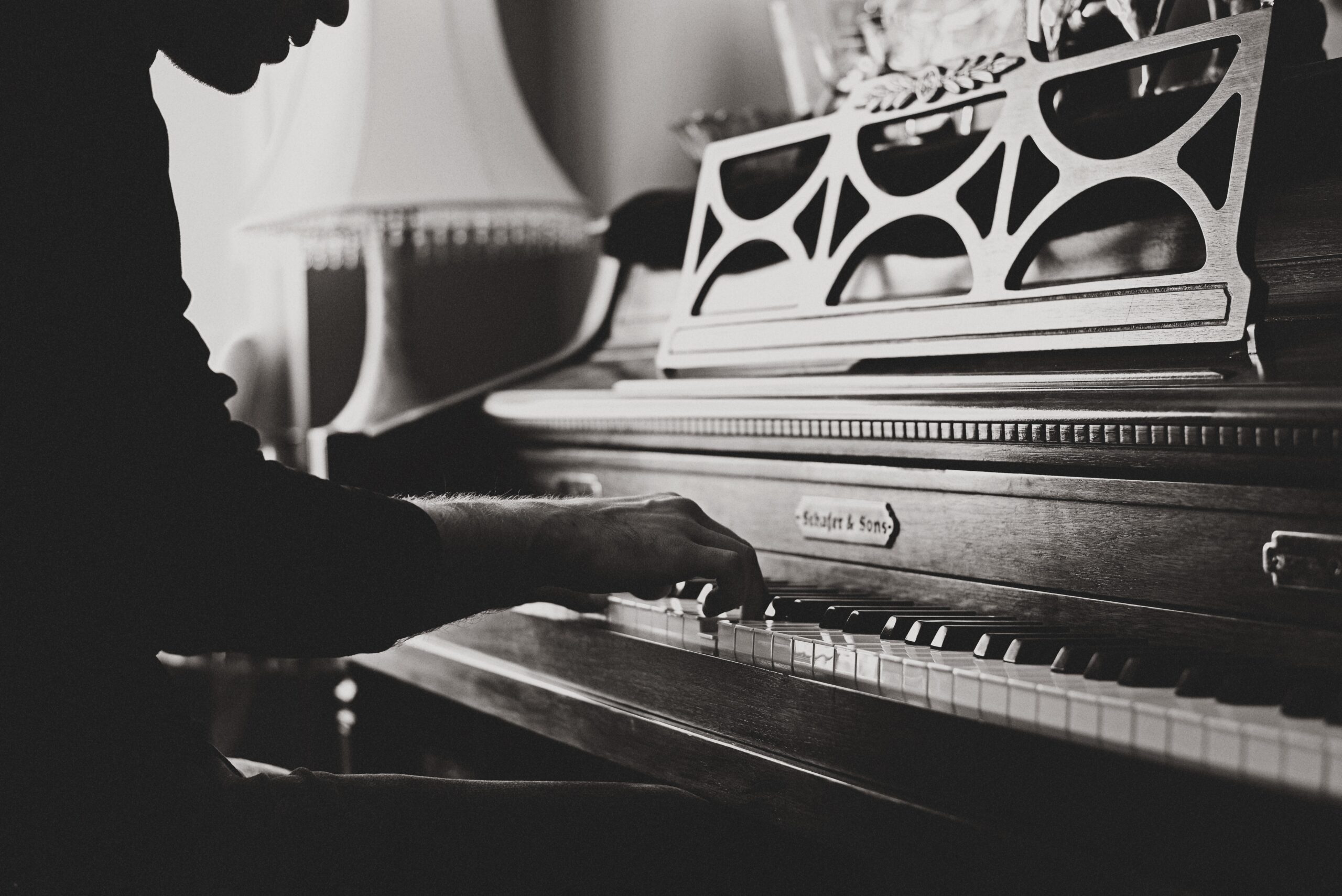
Electricity in Hybrid Pianos
Hybrid pianos are a type of piano that combines the traditional acoustic piano with digital technology. They have become increasingly popular in recent years as they offer the best of both worlds. Hybrid pianos can be played without electricity, just like acoustic pianos, but they also have the added benefit of digital features that require electricity to function.
Hybrid pianos have an electric component that allows them to produce various sounds and effects. The electric component includes the digital sound engine, which generates the sounds, and the speakers, which amplify the sound. The digital sound engine can simulate the sound of other instruments, such as strings, organs, and even other types of pianos.
The electric component in hybrid pianos also allows for additional features that cannot be found in acoustic pianos. For example, hybrid pianos can have headphone jacks, which allow you to practice without disturbing others. They can also have recording capabilities, which allow you to record your performances and listen to them later.
It is important to note that hybrid pianos still require maintenance, just like acoustic pianos. The electric components need to be maintained and repaired by a qualified technician. Additionally, hybrid pianos may require periodic software updates to ensure that they are functioning properly.
Hybrid pianos offer a unique combination of traditional and modern features. They can be played without electricity, but they also have the added benefit of digital technology. If you are looking for a piano that offers the best of both worlds, a hybrid piano may be the perfect choice for you.
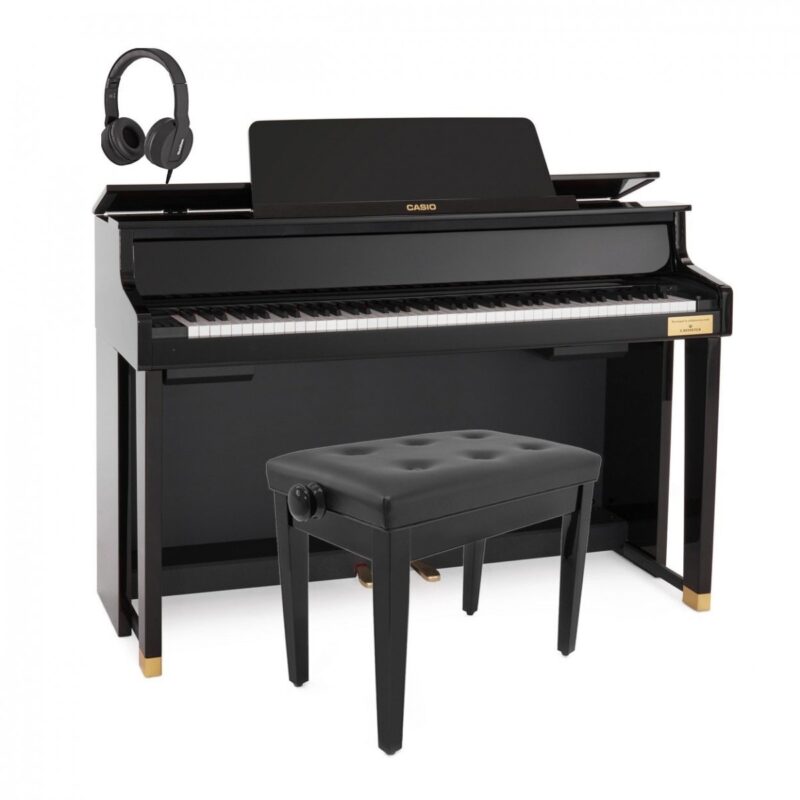
Benefits of Electric Pianos
Electric pianos have several benefits over their acoustic counterparts. Here are some of the advantages of using an electric piano:
- Portability: Electric pianos are generally more lightweight and compact than acoustic pianos, making them easier to move around and transport.
- Volume control: You can adjust the volume to suit your needs with an electric piano. This is especially useful if you live in an apartment or have neighbours who might be disturbed by loud music.
- Variety of sounds: Electric pianos come with a variety of built-in sounds and effects, such as reverb and chorus. This allows you to experiment with different sounds and styles and can be particularly useful for recording and performing.
- Maintenance: Electric pianos require less maintenance than acoustic pianos. You don’t need to worry about tuning or regulating the instrument, and you can easily replace any broken or worn-out parts.
- Versatility: Electric pianos can be used in a variety of settings, from live performances to home recording studios. They can also be used with headphones, allowing you to practice without disturbing others.
Electric pianos offer a convenient and versatile alternative to acoustic pianos. While they may not provide the same level of authenticity or richness of sound, they are a great option for musicians who value portability, versatility, and ease of use.
Drawbacks of Electric Pianos
When it comes to electric pianos, there are a few drawbacks you should be aware of before making a purchase. Here are some of the most notable ones:
• Lack of Authenticity
While electric pianos can mimic the sound of an acoustic piano to a certain extent, they can never fully replicate the authentic sound and feel of a traditional piano. This is because electric pianos use digital technology to produce sound, while acoustic pianos use physical strings and hammers.
• Limited Sound Quality
Electric pianos are limited in terms of sound quality, especially when compared to high-end acoustic pianos. The sound produced by an electric piano can be thin and lacking in depth, making it less suitable for classical music or other genres that require a rich, full-bodied sound.
• Dependence on Electricity
Unlike acoustic pianos, electric pianos require electricity to function. This means that if there is a power outage or if you don’t have access to an electrical outlet, you won’t be able to play your electric piano. Additionally, electric pianos can be susceptible to electrical interference, which can affect the quality of the sound produced.
• Maintenance Requirements
Electric pianos require regular maintenance to ensure that they continue to function properly. This can include replacing batteries, cleaning the keyboard, and updating software. While these tasks are generally easy to perform, they can be time-consuming and may require the help of a professional technician.
Overall, electric pianos can be a great option for musicians who are looking for a portable, affordable, and versatile instrument. However, they do have some drawbacks that should be taken into consideration before making a purchase.
Choosing the Right Piano
When it comes to choosing the right piano for you, there are several factors to consider. Here are some key things to keep in mind:
Acoustic vs. Digital
The first decision you’ll need to make is whether you want an acoustic or digital piano. Acoustic pianos are the traditional option, and they produce sound by using hammers to strike strings inside the piano. Digital pianos, on the other hand, use electronic sound samples to produce their sound.
Acoustic pianos tend to be more expensive than digital pianos, but they also offer a richer, more authentic sound. Digital pianos are often more affordable and easier to maintain, and they can be a good option if you need to practice quietly or want to experiment with different sounds and effects.
Size and Style
Pianos come in a variety of sizes and styles, so it’s important to choose one that fits your needs and preferences. If you have limited space, you may want to consider a smaller upright piano or a digital piano with a compact footprint. If you’re looking for a grand piano, you’ll need a larger room with plenty of space for the instrument.
In addition to size, you’ll also want to consider the style of the piano. Some pianos have a more traditional, ornate look, while others have a sleek, modern design. Choose a style that complements your home decor and personal taste.
Budget
Finally, you’ll need to consider your budget when choosing a piano. Acoustic pianos can range from a few thousand dollars to tens of thousands of dollars, while digital pianos are generally more affordable. Keep in mind that you’ll also need to budget for accessories like a bench, a music stand, and possibly even lessons.
Overall, choosing the right piano is a personal decision that depends on your individual needs and preferences. Take your time, do your research, and choose a piano that you’ll love playing for years to come.
Frequently Asked Questions
What type of piano requires electricity?
There are two types of pianos: acoustic and digital. Acoustic pianos are traditional pianos that have been around for centuries. They don’t require electricity to operate and produce sound by striking strings with hammers. On the other hand, digital pianos require electricity to operate and produce sound through speakers or headphones.
Digital piano vs acoustic piano: which should you buy?
The decision to buy a digital or acoustic piano depends on your preferences and needs. Digital pianos are more affordable, portable, and require less maintenance than acoustic pianos. They also come with additional features such as recording and sound customization. However, they may not provide the same tactile and sound experience as acoustic pianos. Acoustic pianos are more expensive, heavier, and require tuning, but they provide a more authentic and natural sound and feel.
Does a piano need to be plugged in?
Acoustic pianos do not require electricity to operate. They produce sound mechanically through the striking of strings with hammers. Digital pianos, on the other hand, require electricity to operate and produce sound through speakers or headphones. Some digital pianos also have the option to use batteries in case you want to play them on the go.
